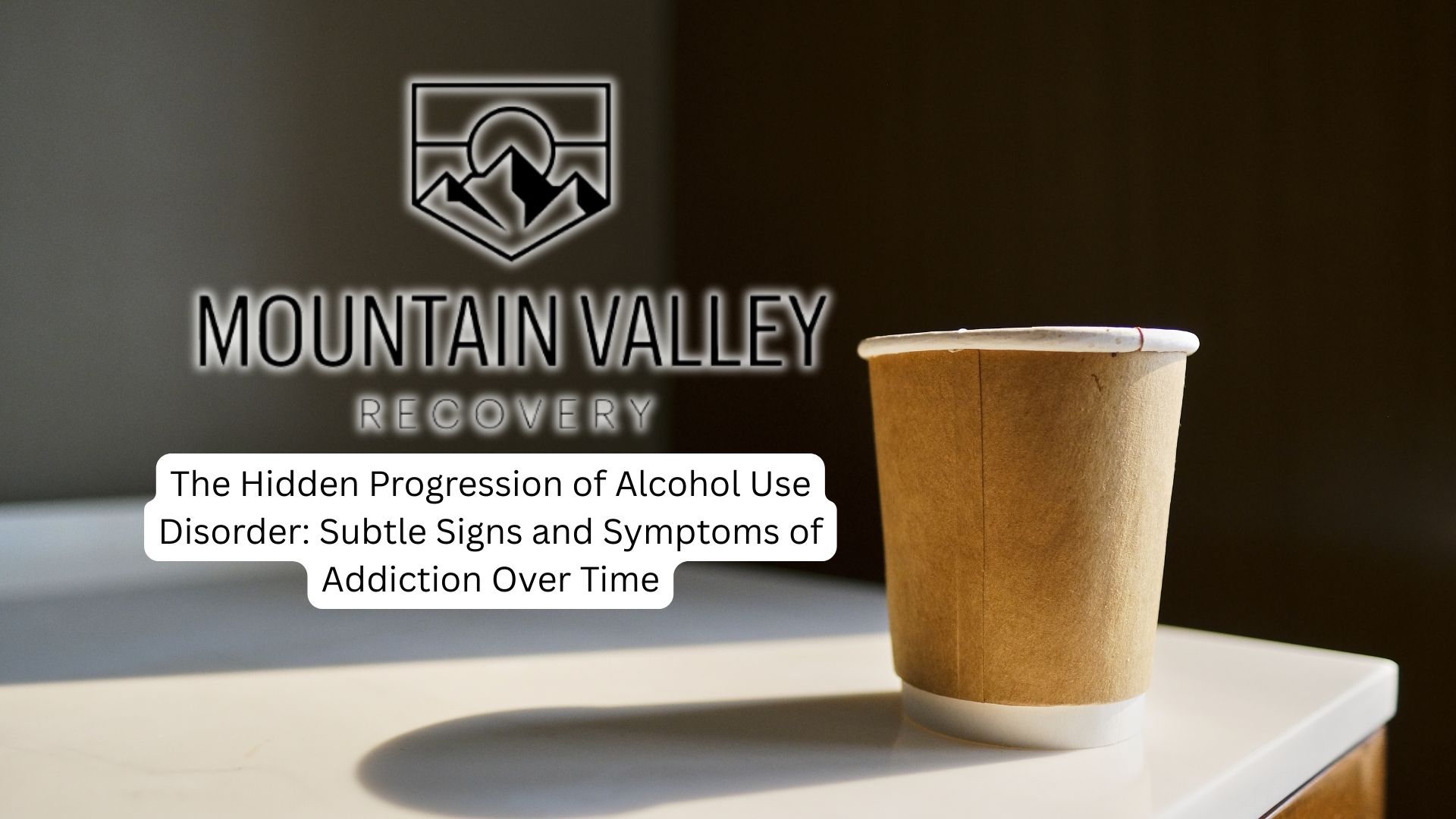On the path to recovering from addiction, achieving long-term sobriety involves more than just staying away from substances; it’s about building a fulfilling and sustainable life. One of the most effective ways to make this transformation is through life skills training.
In this article, we’ll explore how life skills training supports lasting sobriety and plays a critical role in helping people overcome obstacles, build resilience, and thrive in their recovery journey.
The Role of Life Skills Training in Recovery
Life skills training equips you with essential coping mechanisms, such as mindfulness and problem-solving, which help you manage stress and prevent relapse. By learning effective communication skills, you’ll build healthier relationships and strengthen your support system, which is crucial for maintaining sobriety.
Implementing structured routines and honing your time management skills will help you prioritize responsibilities, reducing the risk of boredom and impulsive substance use.
Life skills training also promotes financial responsibility by teaching you budgeting and money management techniques, ensuring a more stable post-recovery life.
At Mountain Valley Recovery we have cultivated these essential life skills and support systems in our Vocational Addiction Rehab Programs, in order to better equip men to handle the ups and downs of recovery.
Developing Healthy Routines and Habits
Incorporating regular exercise into your daily routine not only improves physical health but also releases endorphins, which can enhance mood and reduce stress, contributing to successful recovery.
Establishing consistent sleep patterns is vital for overall well-being; adequate rest supports emotional regulation and cognitive function, which are essential for resisting cravings and managing triggers.
Engaging in self-care activities, such as cooking nutritious meals and practicing hygiene, fosters a sense of accomplishment and self-worth, reinforcing positive habits and promoting a healthier lifestyle.
Structured daily schedules can help you manage responsibilities and reduce feelings of boredom that may lead to relapse. Utilizing tools like calendars or productivity apps can assist in prioritizing tasks and fostering accountability, ensuring that you remain focused on your recovery goals while effectively managing everyday responsibilities.
Effective Communication and Relationships
Developing strong communication skills, such as active listening and assertiveness, is essential for articulating your needs and feelings, fostering healthier interactions, and reducing conflicts that may have been damaged by substance use.
Engaging in communication training significantly enhances your ability to connect with others, which is crucial for establishing a supportive network during recovery.
Moreover, improved communication abilities lead to stronger support systems, vital for maintaining sobriety and navigating challenges post-recovery. By developing conflict resolution strategies through communication skills training, you’ll learn to manage disagreements constructively, minimizing stress and potential relapse triggers.
Participating in group therapy sessions further enhances social skills and encourages you to connect with peers, providing opportunities to practice effective communication in a supportive environment.

Money Management and Employment Coaching
Effective money management skills, such as budgeting and prioritizing expenses, promote financial independence and prevent relapse triggered by financial stressors.
Learning to manage credit effectively can empower you to rebuild your financial health and avoid pitfalls that lead to substance use. Many recovery programs integrate financial literacy education, which has been shown to improve participants’ ability to manage their finances and reduce anxiety related to money matters.
Employment coaching, encompassing resume writing, interview preparation, and job search strategies, significantly increases employability and helps you secure stable income post-recovery.
Building Resilience and Support Systems
Developing problem-solving skills through life skills training helps you build resilience, enabling you to navigate challenges without turning to substances for relief.
By fostering healthy relationships and creating a robust support network, you’ll have the accountability and motivation needed to stay committed to your recovery goals. Engaging in ongoing skill development and mentorship provides a safety net of resources, encouraging you to seek help when needed and maintain progress in your recovery journey.
Participation in support groups offers a sense of community and shared experience, enhancing your emotional resilience and strengthening your dedication to sobriety.
Final Thoughts from Mountain Valley Recovery
Our programs at Mountain Valley Recovery focus on practical skills that enhance daily life, such as effective communication, stress management, and financial literacy. By doing so, we empower men to build a foundation for a healthier life free from substance abuse. Our dedicated team is committed to providing a nurturing environment where men can learn, grow, and transform their lives through hands-on training and support.





